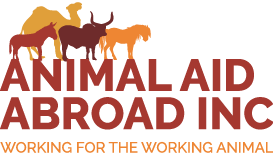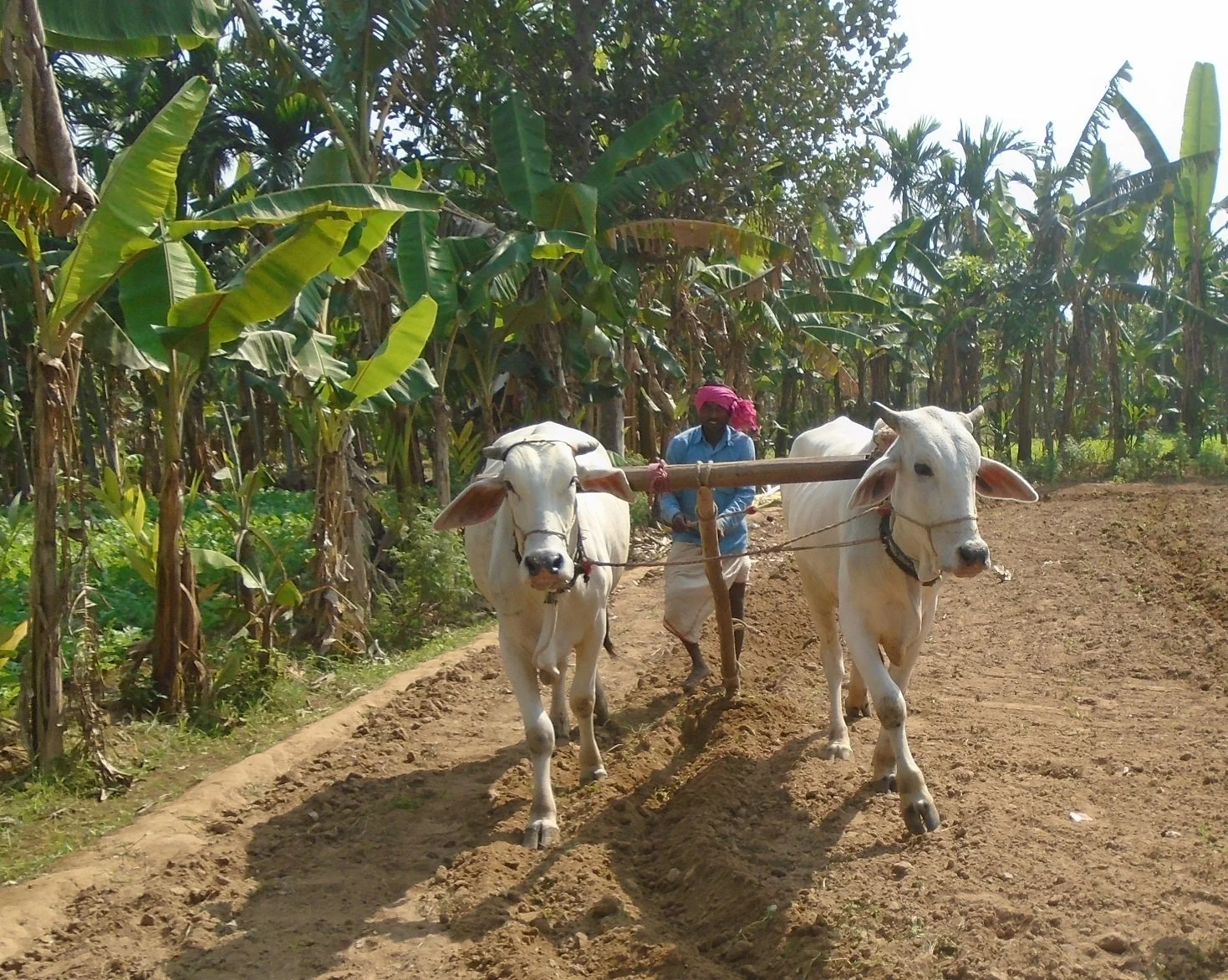Making a difference to working horses and bullocks with new partner, APOWA, India
In Odisha, indigenous communities and poor farmers rely heavily on bullocks and horses to for their livelihood. These animals work mainly in the agriculture and transport industry.
Despite the valuable contribution of working animals to their owners, the care of these animals has been largely neglected due to lack of vet services, poverty, and ignorance of owners.
Some of the problems faced by these working animals include:
- These hardworking animals suffer from pain, poor health conditions, dehydration, working in extreme temperatures, poor harnessing and no veterinary care when sick or injured.
- Working animals are vulnerable to various fatal diseases due to poverty, lack of vet services, lack of awareness and ignorance among the owners in rural areas.
- One of the primary challenges faced by working animals is the lack of adequate nutrition. This deficiency result in malnutrition, weakened immune systems and reduced energy levels, leading to a decline in their health.
- Working animals often face harsh working conditions, including long hours, excessive workloads, and inadequate shelter. These conditions have led to physical strain, injuries, and even long-term health problems.
- Unfortunately, working animals are often subjected to neglect and abuse. Owners and handlers may neglect to provide proper veterinary care, shelter, and water, leading to poor overall welfare.
- Additionally, these animals may be subjected to physical punishment or cruel treatment, causing distress and suffering. These mistreatments not only harm the animals' well-being but also compromise their ability to perform their tasks effectively.
- Another challenge faced by working animals is a lack of education and awareness regarding their welfare. Many people still possess misconceptions about these animals, resulting in inadequate care and mistreatment. Proper education and training about the importance of responsible animal handling, care, and welfare can help bridge this gap and promote the well-being of working animals.
We will be supporting a Working Animal Welfare Project that will provide treatment & rehabilitation to 1000 working animals.
This 12 month project will also educate around 500 animal owners about the basic needs of working animals —including proper food, vital supplements, good shelter, adequate rest periods, and clean drinking water—as well as health management, stopping cruelty and maintaining proper harnesses to avoid discomfort.
Horses and bullocks are the main working animals to be assisted in this program although Bijaya Kabi, Director of APOWA said they also treat the occasional camel ( used in the Tourist Industry) and buffaloes.
Poor conditions of working horse















